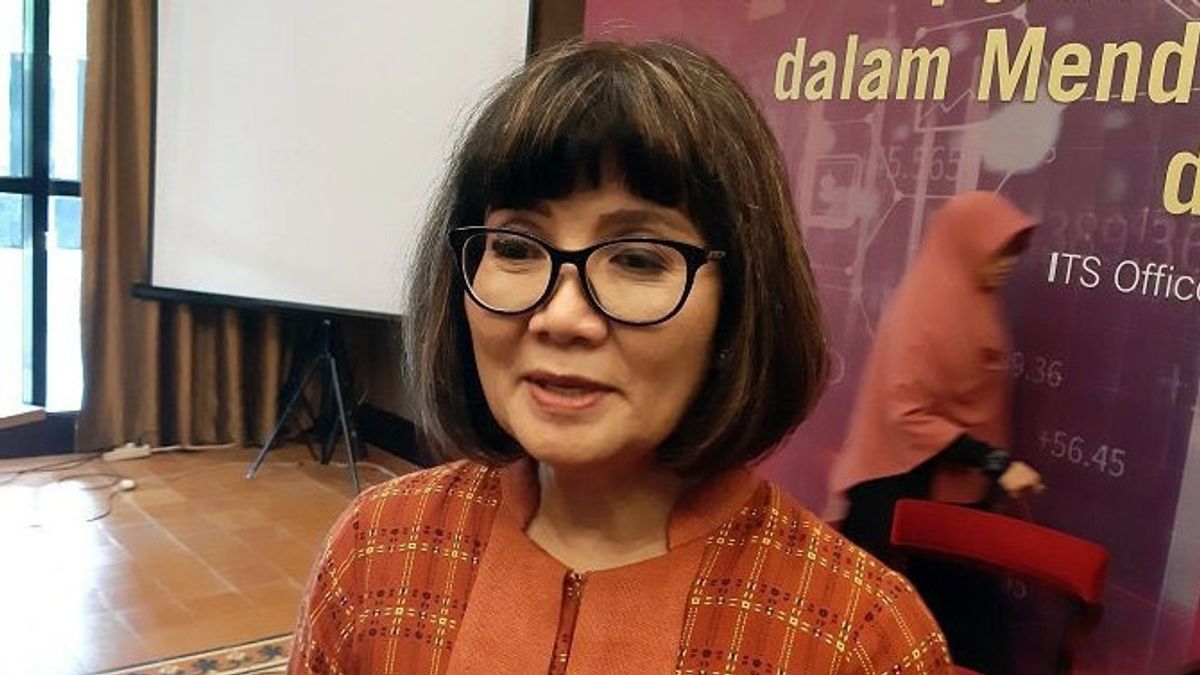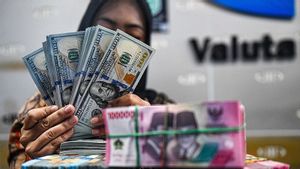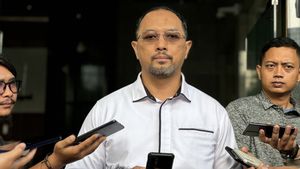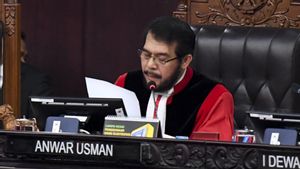JAKARTA - The economic turmoil that has occurred in recent years is considered to have made global investors more interested in short-term investments. Not only that, but policy uncertainty in a country is also a motivating factor for investors to choose short-term investments.
Indef senior economist, Aviliani, said that currently, foreign investors have begun to change their investment strategy. They prefer short-term investments over long-term investments.
"Indeed, if we look at foreign investors, they have started to change their actual strategy", she said in a virtual dialogue, in Jakarta, Wednesday, September 8.
According to Aviliani, one of the factors is because they judge that the certainty they get is getting shorter and shorter. This means that there is more uncertainty in investing. Especially policy certainty at the regional level.
"In their investment, the tendency is that they usually give loans first to domestic entrepreneurs. Then they place the loan as equity. So they try not to do it directly. Especially at the regional level", she said.
Moreover, said Aviliani, Indonesia also experienced a change in policy caused by the change of state leaders. This is a factor for investors to start turning to the service or financial sector to invest in the country.
"We also experience that when we change the president, we also change policies. In fact, investing in the upstream and downstream sectors requires a long period of time. So if we look at a lot of foreign investors, they prefer to run to the service sector or the financial sector", she said.
Not only that said Aviliani, but the occurrence of various economic turmoil also made global investors view that the crisis occurred in a shorter time span. Finally, they also tend to prefer short-term investments.
SEE ALSO:
Aviliani said, from 2008 to 2019 the world economic turmoil came from the financial, energy, and trade sectors and the 2020 pandemic. Because of this, investors see the crisis shorter.
"Investment is more for the short term, just look at the selling bond offerings", she said.
According to Aviliani, this trend could hinder Indonesia's long-term investment gains. Moreover, Indonesia currently requires more long-term investment to encourage the real sector and strategic projects. As a result, investment needs in the sector are difficult to meet.
Therefore, said Aviliani, the government needs to provide guarantees for investors if they want to withdraw long-term contracts. Without collateral, it is estimated that investments that will come in the future are short-term.
"If they (investors) are ordered to fully invest by foreign investment (PMA), it seems that in recent years it has decreased quite a bit", she said.
The English, Chinese, Japanese, Arabic, and French versions are automatically generated by the AI. So there may still be inaccuracies in translating, please always see Indonesian as our main language. (system supported by DigitalSiber.id)


















